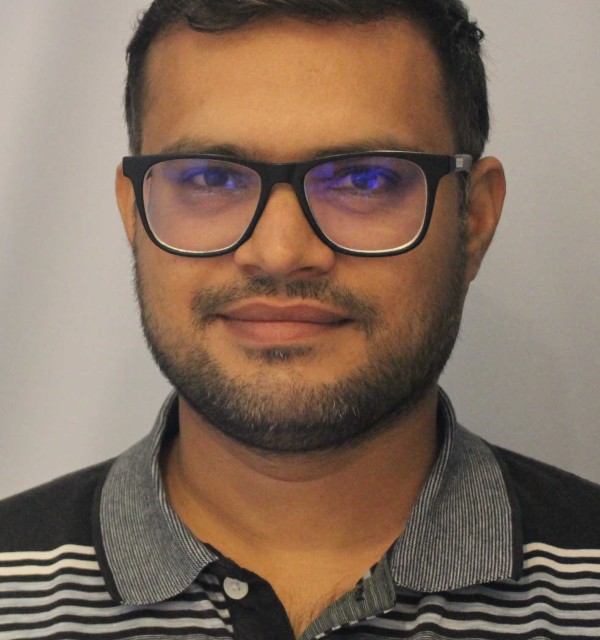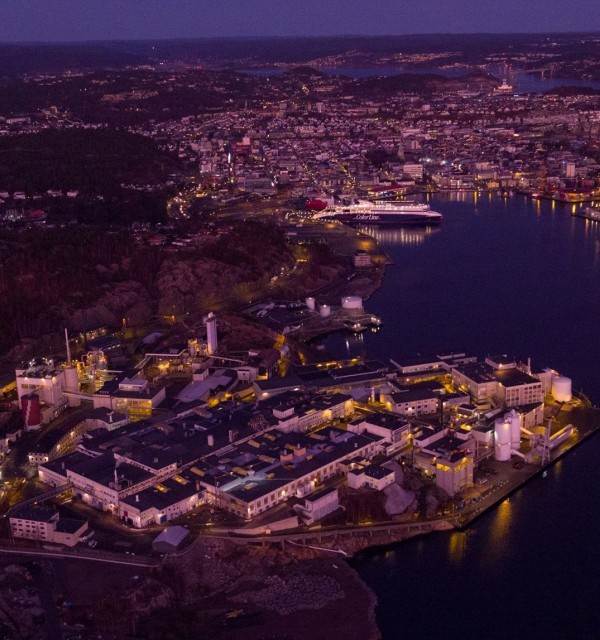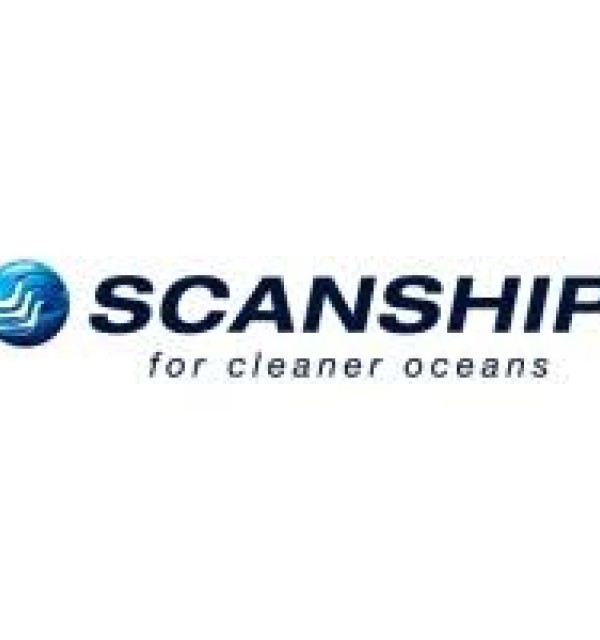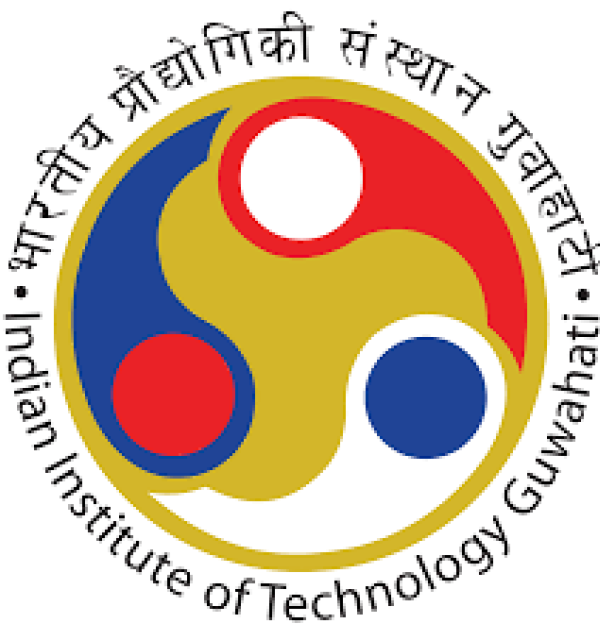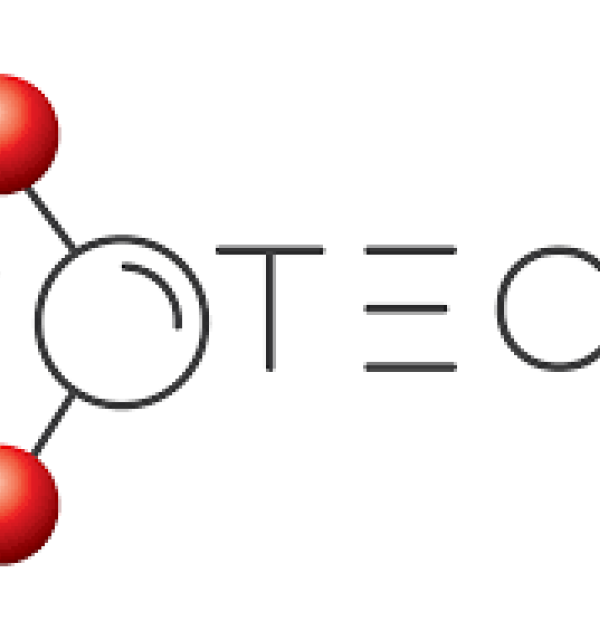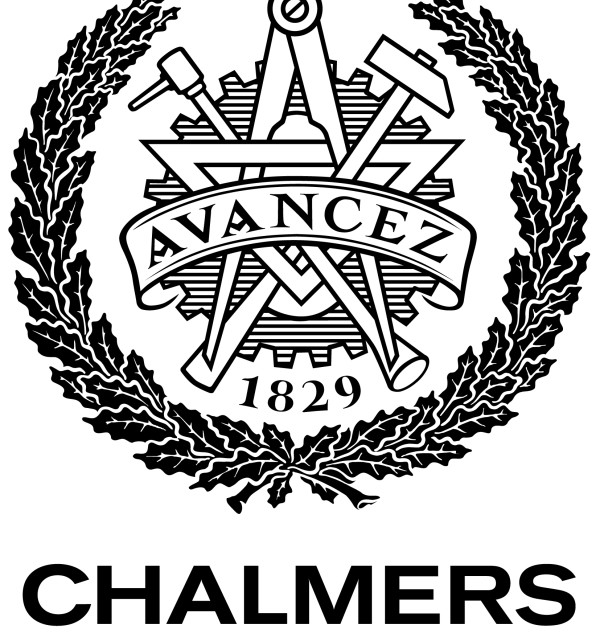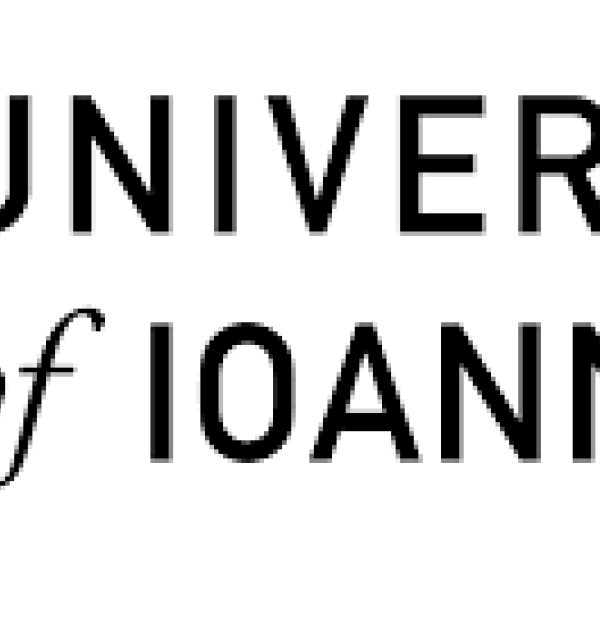We are developing functional materials and process chemistry for energy and environmental applications.
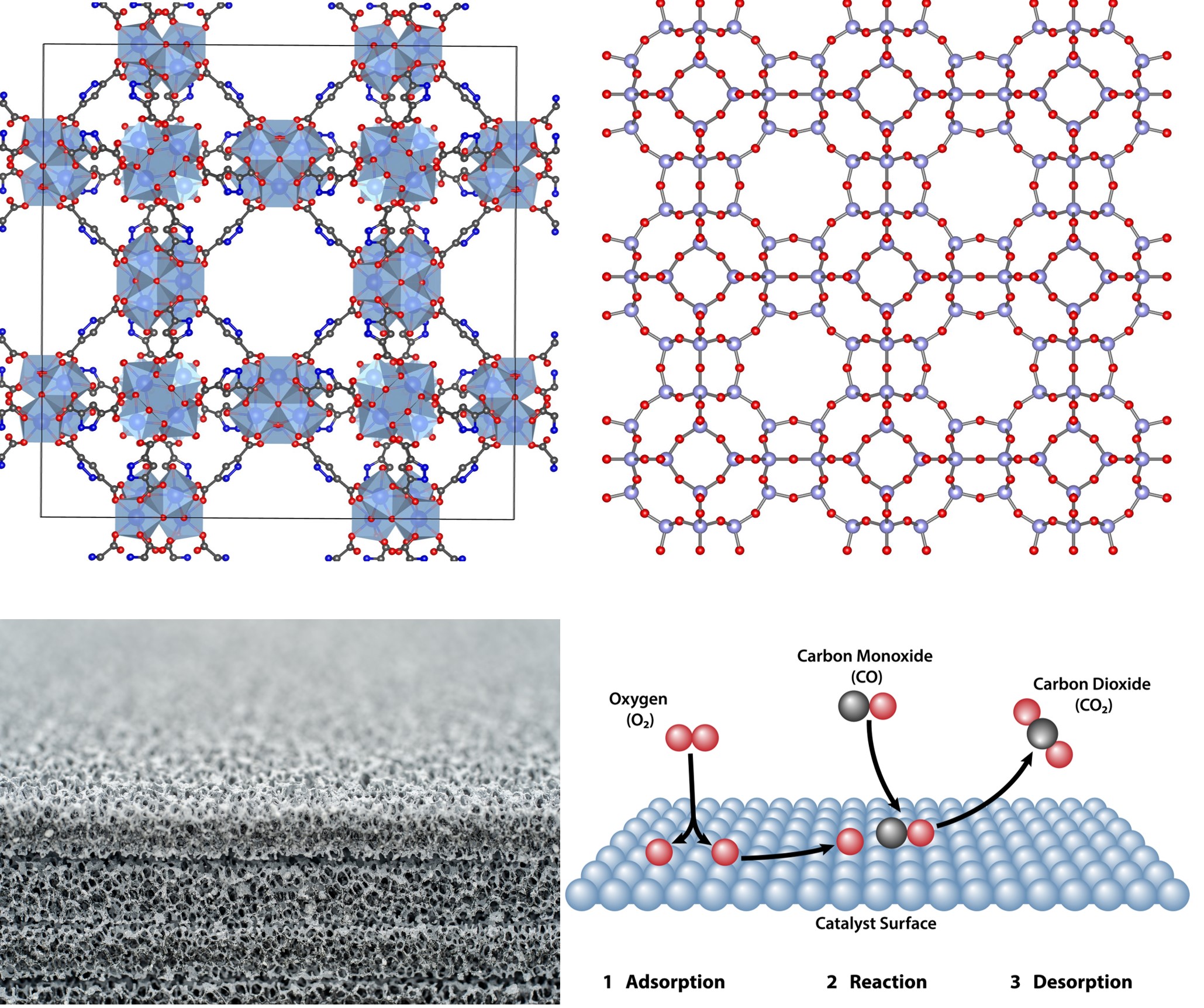
Functional materials
We use hydrothermal, solvothermal, mechanochemical and microwave synthesis to prepare and modify the functional materials. We also work on developing high-throughput reaction conditioning and scale-up optimization for green synthesis development.
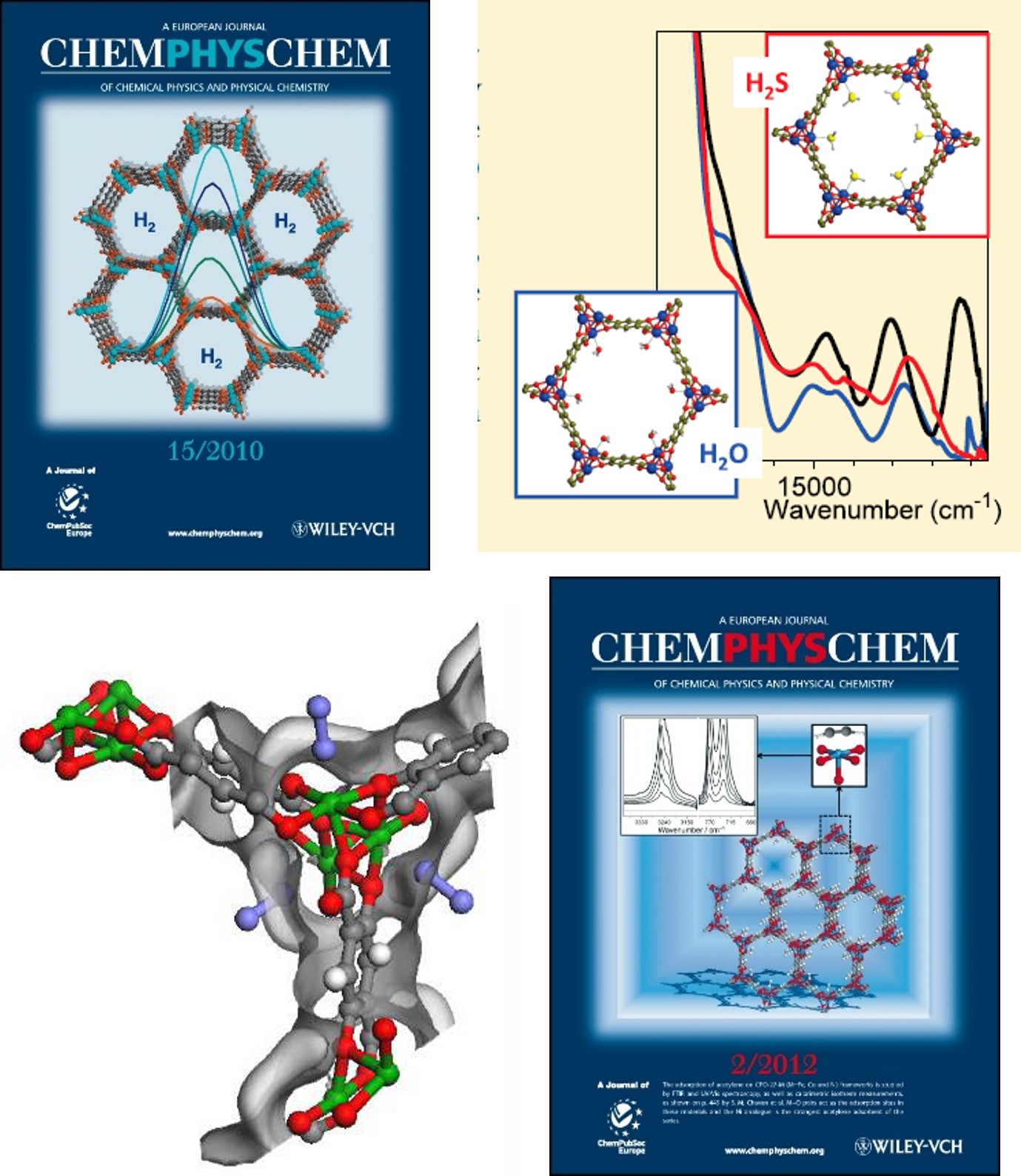
Material characterization: (Insitu and operando studies)
Another area of research is materials characterization using various spectroscopic techniques. We use various techniques under in situ or operando conditions to understand materials' surface and molecular level changes. We investigate the structure-property-relationship, nature and number of surface-active sites and the reaction mechanism.

Material Applications
We test functional materials for various energy, environmental and medical applications. In the energy field, we are investigating materials for carbon dioxide capture, hydrogen production and purification, Biogas upgrade and critical metals recovery and separation. The environmental field focuses on the adsorption remediation of persistent chemicals (PFAS) and pharmaceuticals from water. In the medical field, we are testing materials for drug delivery applications.
Projects
MOFsorbMET: Metal-organic framework for the recovery of critical metals
The world is moving towards clean, resource-efficient, and sustainable energy.
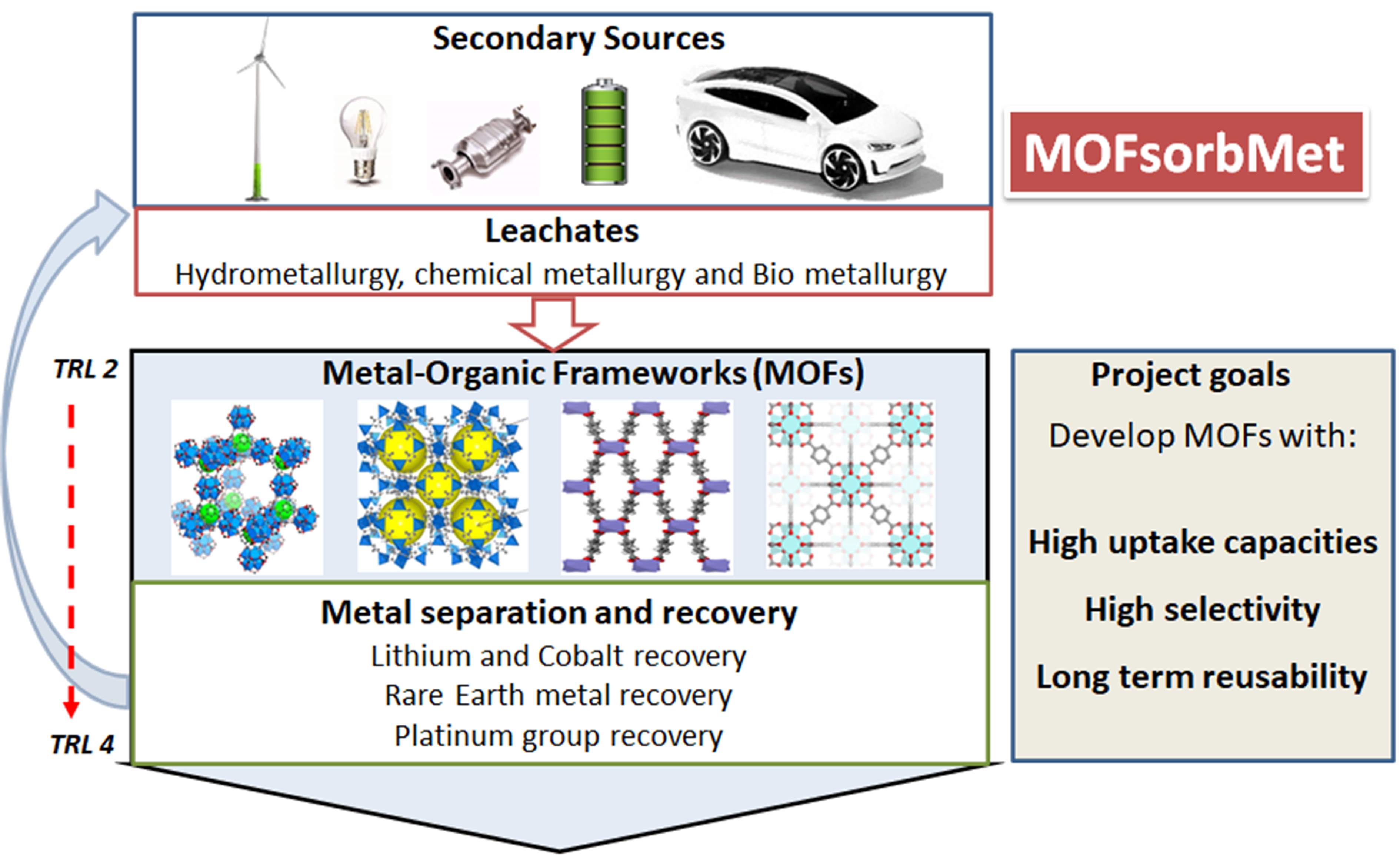
This will not be possible without the availability of critical metals. Metals such as lithium, cobalt, nickel, and platinum, are essential in batteries, wind and solar energy, fuel cells, and most of the important industrial chemical processes. Nowadays we are mainly getting these metals from ores which brings up two large problems: an environmental imprint of mining and end-use e-waste, and the supply risk dependent on the political situation. A tiny part of the metal supply is coming from recycling today mainly because this technology is energy- and chemical-demanding. The main idea of our project MOFSORBMET is to develop nanomaterials for adsorption-enhanced recovery of critical metals from mining and waste. We aim at decreasing the number of chemicals and energy currently used in the industrial recovery and recycling processes. Increasing the recovery and recycling of metals offers an opportunity to boost the share of clean energy technology in the energy sector and secure the supply driven by a circular economy.
Porous liquid-New Porous Liquids for Gas Separation and Carbon Capture
The increase in anthropogenic CO2 emission is one of concern for global temperature rise.
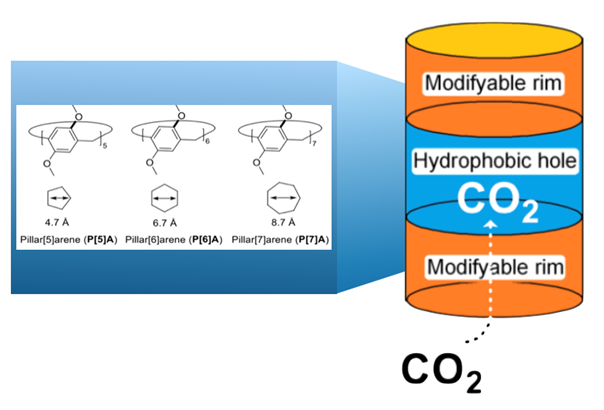
CCU and CCS are sought as a short-term and long-term CO2 mitigation strategies. Central to both CCS and CCU is the carbon capture process. Among the several proposed technologies Carbon capture by absorption or alkanolamines scrubbing is the most matured technology. The several drawbacks of the alkanol amines method underpin the research in the development of Environmentally friendly and efficient separation technology for CO2 separation. This is also the goal of our project proposal which aims at validating “Pillar(n)arenes” based systems for carbon capture application.
Coldspark
Coldspark-driven energy and cost-efficient methane cracking for hydrogen production.
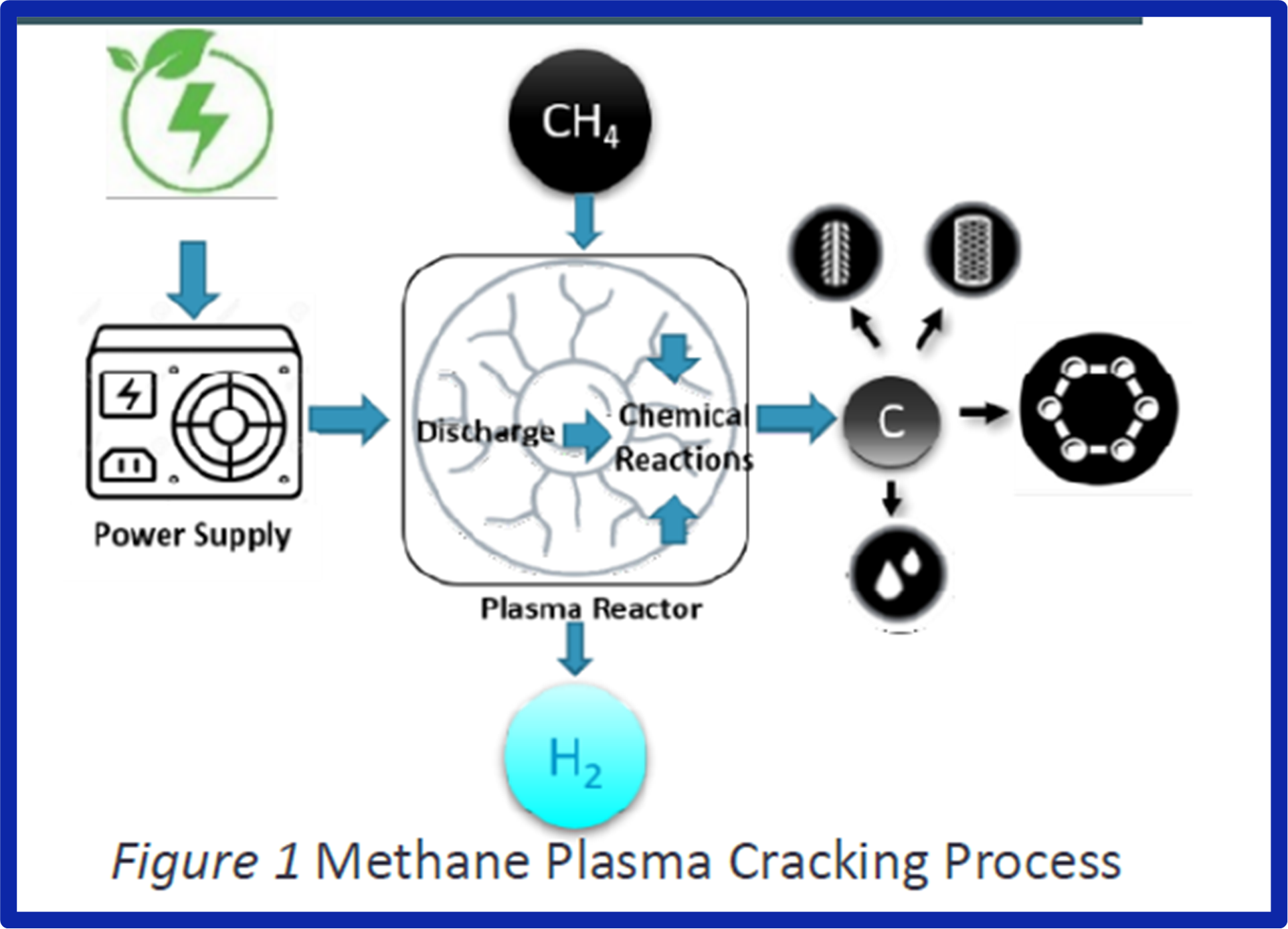
Coldspark@ is a horizon Europe project which will validate a novel cold plasma (non-thermal plasma) technology to produce hydrogen, alongside high-value carbon. The project aims to optimisation the methane cracking process with a process energy efficiency of 79% and zero CO2 emission.
Project page: https://www.seid.no/coldspark/
HyValue – Norwegian Centre for Hydrogen Research
Building on Norwegian comparative advantages, HyValue aims to develop knowledge, methodology and innovative solutions for hydrogen energy carriers to build and support a competitive hydrogen energy sector.
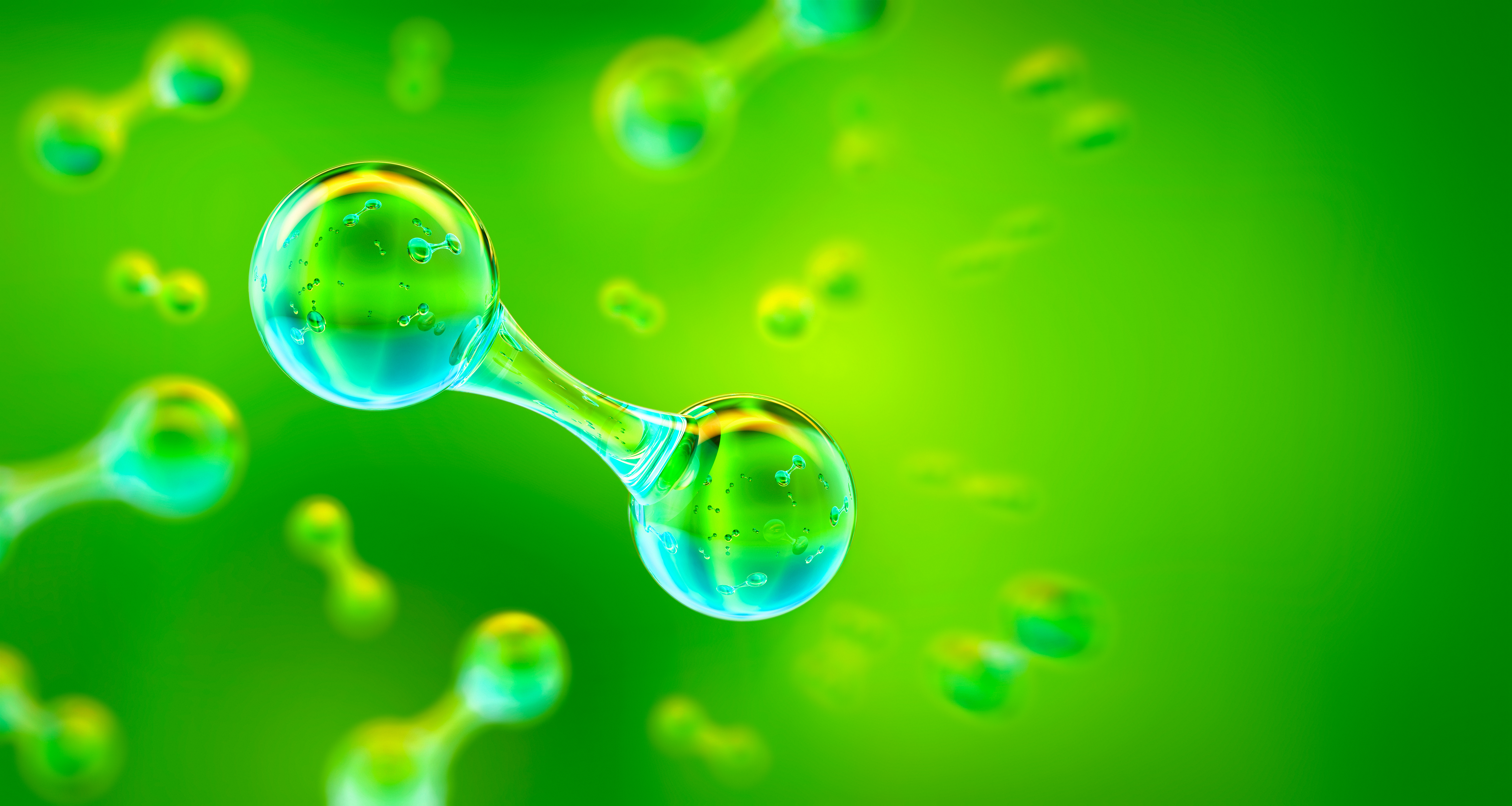
HyValue addresses five grand challenges related to the development of a competitive Norwegian hydrogen energy sector:
- How can we produce hydrogen and ammonia with minimum energy loss and at a lower cost?
- How can we create a safe and resilient transport and distribution system for hydrogen-based fuels?
- How can we develop end-user applications for hydrogen-based energy carriers?
- How can we stimulate investments and build systems with acceptable risk for all stakeholders?
- How can we build public trust and confidence in a hydrogen economy?
HySchool
HySchool – Norwegian research school on hydrogen and hydrogen-based fuels.
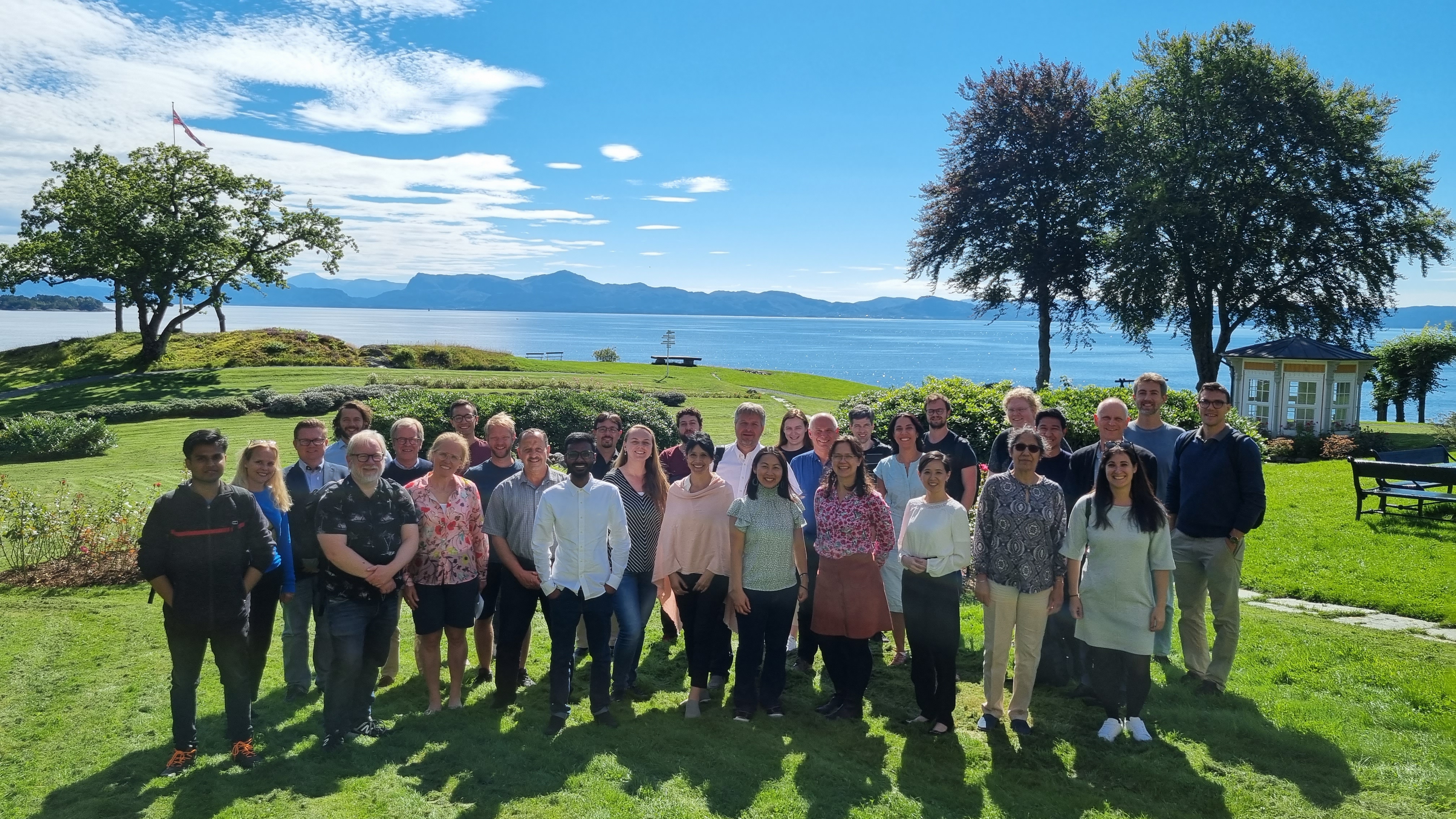
HySchool is a thematically oriented research school where doctoral candidates from all universities and university colleges in Norway can be admitted. The main requirement for admittance to the research school is that important parts of the doctoral project address issues related to hydrogen and hydrogen-based fuels as energy carriers in industry and society.
HySchool webpage: https://www.uib.no/en/hyschool
Chemical pollutants remediation
The adverse effect on human health and the environment is becoming a societal challenge.

Human health and the environment are at higher risk of causing adverse effects from the intentional and unintentional discharge of chemicals into the environment. These chemicals consist of pesticides, Persistent organic pollutants (POPs), pharmaceuticals, PFAS (Per- and Polyfluoroalkyl Substances) and industrial chemicals. Their production and use have resulted in severe soil, water and food contamination and harmful exposure to humans. We are developing material technology for the removal and remediation of such chemicals.



